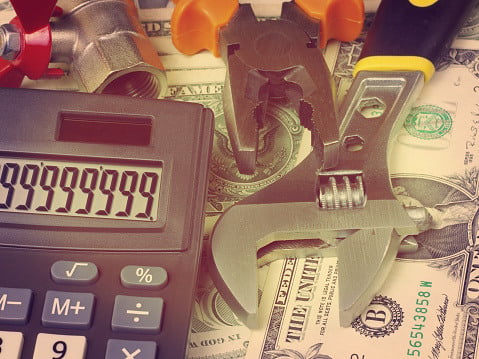 All members of the HOA board are responsible for the Association’s overall financial health; but the treasurer has specific duties to protect the Association’s assets. These duties—and the authority to exercise them—are found in the homeowners association’s governing documents and also in state laws. It’s a big responsibility, but fortunately an HOA manager can help with many of the details.
All members of the HOA board are responsible for the Association’s overall financial health; but the treasurer has specific duties to protect the Association’s assets. These duties—and the authority to exercise them—are found in the homeowners association’s governing documents and also in state laws. It’s a big responsibility, but fortunately an HOA manager can help with many of the details.
1. Internal controls: Treasurers keep an eye on how the funds are being handled. For example, a treasurer would raise a red flag if a check made payable to Cash showed up in the Association’s books.
2. Records: Treasurers maintain financial and accounting records—or see to it that they are securely and properly retained, perhaps by the HOA manager.
3. Audits: Homeowners association financial and accounting records need to be audited periodically. It’s the treasurer’s job to ensure that a CPA undertakes this important activity at regular intervals.
4. Budgets: Treasurers are responsible for preparing the annual budget. That doesn’t mean they actually crunch numbers or develop spreadsheets, rather they work closely with the Association manager or CPA to ensure the members’ values, preferences and needs are reflected in the budget.
5. Insurance: Treasurers make sure the Association has adequate insurance of all types—casualty, fidelity, worker’s compensation and other necessary protections.
6. Investments: Treasurers are watchdogs for the Association’s investments. They make sure investments are sound and do not jeopardize principal. HOA boards generally have investment policies that guide their investment decisions, and it’s the treasurer’s job to see that the policy is followed.
7. Assessments: Collecting assessments and monitoring delinquent accounts is typically a service provided by the manager or management company. The treasurer, however, keeps a close eye on the delinquencies and alerts the board to problem areas.
8. Reserves: Treasurers ensure that the homeowners association periodically conducts a reserve study and that it’s adequately funded in the annual budget.
9. Taxes: The treasurer is the board’s liaison to the Association’s auditor and CPA. The treasurer monitors the progress of the annual audit and makes sure the appropriate tax returns are filed on time.
In short, the treasurer’s job on an HOA board is to maintain the integrity of the Association’s finances. This is best accomplished by seeking the help of financial experts and working with a trustworthy HOA manager who can guide your Board through the process.









